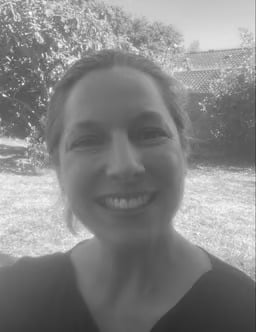Brønsted–Lowry Acids & Bases (DP IB Chemistry) : Revision Note
Brønsted–Lowry Acids & Bases
What are Brønsted-Lowry acids and bases?
The Brønsted-Lowry Theory defines acids and bases in terms of proton transfer between chemical compounds
A Brønsted-Lowry acid is a species that gives away a proton (H+)
A Brønsted-Lowry base is a species that accepts a proton (H+) using its lone pair of electrons
Equilibrium of a Brønsted-Lowry acid and base

The diagram shows a Brønsted-Lowry acid which donates the proton to the Brønsted-Lowry base that accepts the proton using its lone pair of electrons
The Brønsted-Lowry Theory is not limited to aqueous solutions only and can also be applied to reactions that occur in the gas phase
Diagram to show how hydrochloric acid acts as a Brønsted-Lowry acid and ammonia acts as a Brønsted-Lowry base

Example of a Brønsted-Lowry acid and base reaction in the gas state
Worked Example
Identify the correct role of the species in the following reaction:
H2PO4−(aq) + H2O(l) → HPO42−(aq) + H3O+(aq)
| Brønsted-Lowry acid | Brønsted-Lowry base |
|---|---|---|
A | H2PO4– | H2O |
B | H2PO42– | H2PO4– |
C | H2PO4– | H3O+ |
D | H2O | H2PO4– |
Answer:
The correct option is A.
H2PO4− is donating a proton to H2O
So, H2PO4− must be an acid and H2O must be a base
Examiner Tips and Tricks
An atom of hydrogen contains 1 proton, 1 electron and 0 neutrons
When hydrogen loses an electron to become H+ only a proton remains, which is why a H+ ion is also called a proton.

You've read 0 of your 5 free revision notes this week
Sign up now. It’s free!
Did this page help you?
